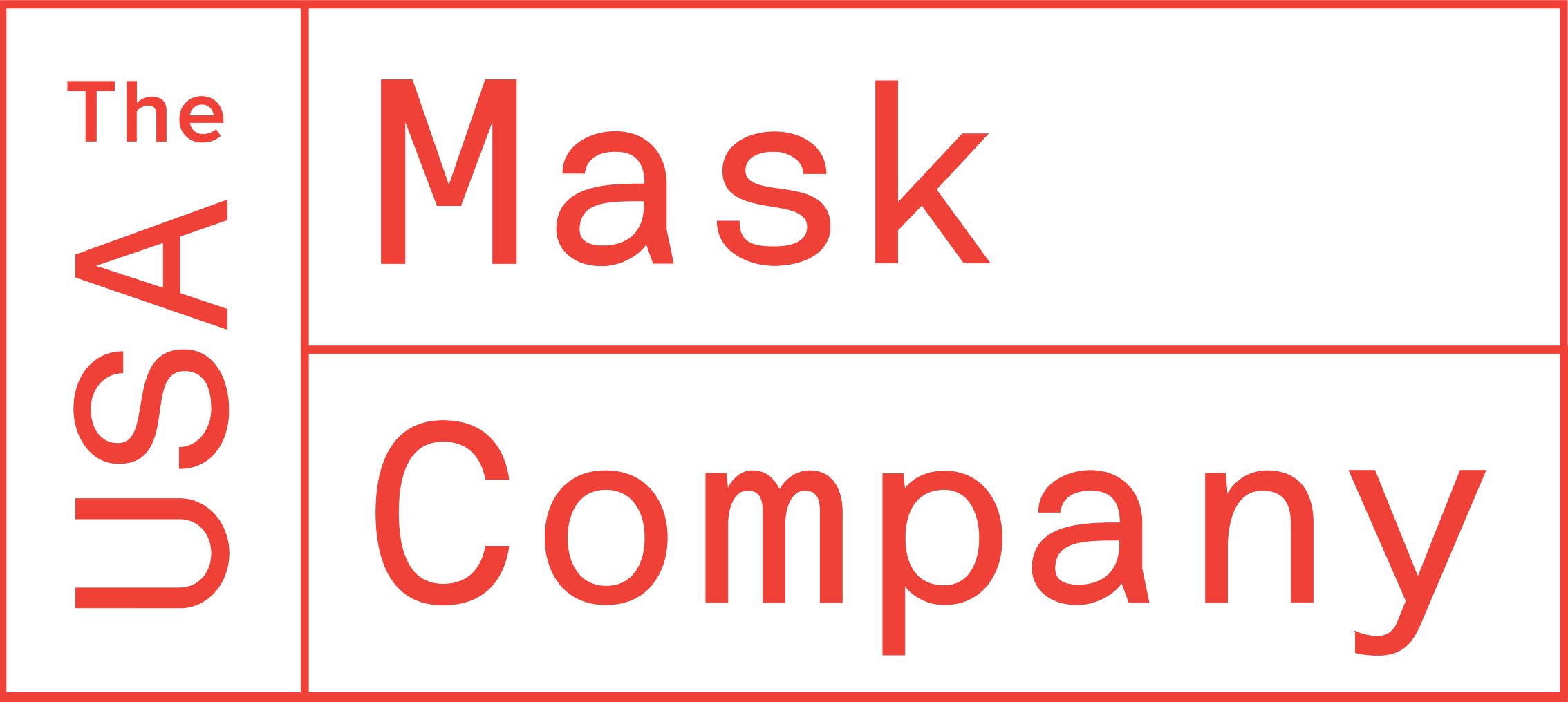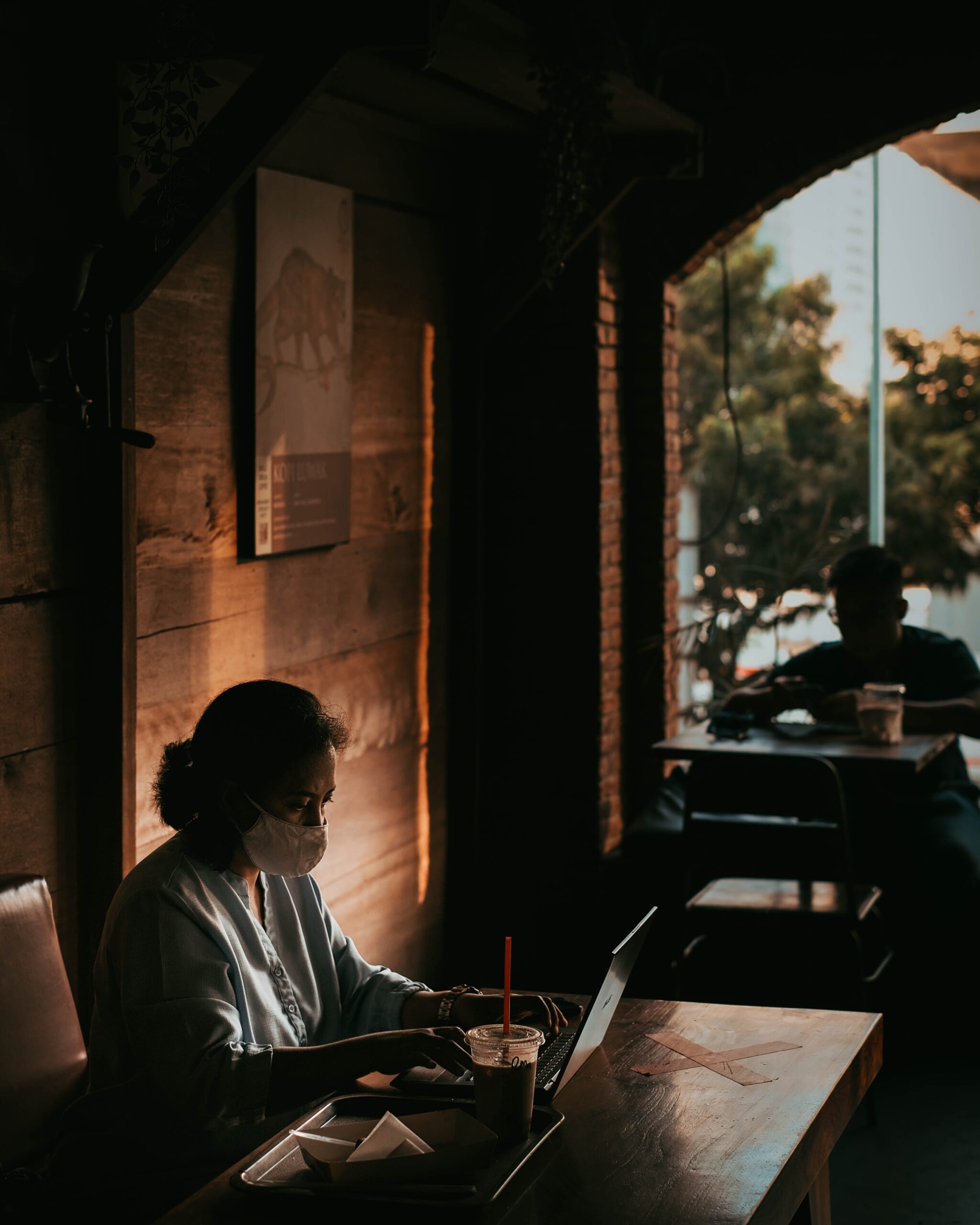Health experts have finally said what we’ve all dreaded– COVID-19 may never go away. Even if the world achieves herd immunity through the magic of vaccines, the virus will still linger on for years or decades though in a reduced capacity that’s not able to create the same present damage.
Nevertheless, we all have to constantly look back at everything we’ve learned from COVID-19 and continue to embrace the new normal before another pandemic emerges.
By far, here are two important things that the pandemic has taught us:
Digital solutions work but are not for everyone
One silver lining we realized from the past year is how digital technology allows unhampered work. Businesses were introduced to video conferences via Zoom, and doctors saw their patients through teleconsultations while lockdowns were being implemented.
However, while we may see remote work as a new normal in the future with an estimated 70% of global employees saying ‘yes’ to a hybrid remote-office model, teleconsultations may not work for everyone. This is because most consultations require physical testing and these tests serve as the linchpin of health management.
While digital solutions do work, handling things from a distance may not stick across all industries particularly in the health sector.
We need to be prepared in the future
With the current shortage of medical supplies like face masks, N95 and KN95 respirators, and personal protective equipment (PPEs) for our healthcare workers, the federal government learned how important it is to be prepared for an emergency health crisis like COVID-19.
At the onset of the pandemic last year, the previous administration claimed that the national stockpile was empty which hampered the fight against coronavirus. While this is untrue, the numbers were still low and not enough.
Fortunately, the gears are now working through executive orders and the invocation of the Defense Production Act to streamline the production of PPEs, N95 and KN95 respirators, semiconductors, and vaccines among others, not only to meet the present demand but to create ample reserves in the future as well.

